Grow Your Best Homegrown Vegetables Ever With BigYellowBag!
There aren’t many greater feelings of accomplishment than feeding your family with fresh homegrown vegetables straight from your garden. Whether it’s a cucumber salad, freshly made tomato sauce, or barbequed zucchini, you’ll be proud of the time and effort you spent to grow something delicious and nutritious. Gardeners often struggle with achieving high-yields from their homegrown vegetables. Some gardeners end up resorting to using chemical solutions to combat weeds and improve garden performance.
We hear more and more about the dangers of certain pesticides and herbicides that are frequently used in industrial agriculture. Growing your own vegetables is supposed to be a good way to avoid some of those potentially negative health effects. Your garden won’t need any of those harmful chemicals when you provide your homegrown vegetables with the best chance at growing successfully. Give your homegrown vegetable garden a strong start with BigYellowBag Black Garden Soil. It’s the perfect growing medium for all your homegrown vegetables.
An often overlooked addition to homegrown vegetable gardens is mulch! You can eliminate the need for using any herbicides by using a healthy layer of mulch on top of your garden beds. They’ll also get the added benefit of improved moisture retention, while preventing UV rays from germinating weed seeds, and making your gardens look incredible.
Why Soil Quality Matters for Homegrown Vegetables
If you’ve ever tried to grow vegetables and it just didn’t work out as well as you hoped, it’s likely that the problem was simpler than you thought. Often times poor yield for homegrown vegetables can be attributed to poor soil quality. We like to make the analogy that soil is to plants as our diets are to humans! Where we need protein, fats and carbohydrates to grow strong, plants need nitrogen, phosphorous, and potassium. So maybe that part isn’t revolutionary to some of you more experienced gardeners… But did you know that no matter how much N-P-K is provided in your soil, it won’t make much of a difference to your plant performance without organic matter? Organic matter is they key to high quality garden soil.
Organic Soils vs. Mineral Soils
Soils can be separated into two general categories: mineral soils and organic soils. Mineral soils are comprised of broken down rock, whereas organic soils are comprised of decomposing plants and microorganisms. If you were to plant your vegetables in mineral soil alone you should expect to have a pretty awful vegetable garden, regardless of the nutrient content in that soil. In order for your homegrown vegetables to be able to use those nutrients effectively, organic matter is required.
Microorganisms in high quality garden soil take those N-P-K nutrients, process them, and create something called humus (pronounced hue-mus). Humus is kinda like bacterial manure and it’s an essential source of N-P-K for plants. Without microorganisms providing a steady source of bioavailable nutrients, vegetable plants will have a hard time absorbing the required nutrients to grow big and strong.
The nutrients that homegrown vegetables need the most are potassium and phosphorous. Phosphorous promotes root growth which is essential for nutrient and water uptake, and it also supports strong flower and fruit production. Potassium supports many plant functions, but it’s also responsible for fruit growth and production. These nutrients are abundant in BigYellowBag Black Garden Soil, but many other soil varieties fall short.
What Makes Black Garden Soil Ideal for Homegrown Vegetables
One of the most common questions we get about our BigYellowBag Black Garden Soil is “what makes it so special?”. Our Black Garden Soil is loaded with organic matter. As we discussed in the previous section, microorganisms unlock the nutrients from soil and make it available to your plants. How do we achieve these high percentages of organic matter? It’s all about how we build our black garden soil.
A traditional triple-mix starts out with a standard mineral soil, then some compost and peat is added for organic matter content and nutrients. Standard triple mixes often see organic matter percentages around 30%. With our recipe, we think organic matter should be the star of the show! We start with the organic soils as a base, and then add in compost and mineral soil for stability. That’s why our Black Garden Soil contains as much as 50% organic matter. It’s guaranteed to grow everything better, and the secret is in the organic matter!
Getting Started with Your Vegetable Garden
So now you’ve ordered your BigYellowBag Black Garden Soil and it’s time to start planning out your vegetable gardens. We recommend using raised garden beds for homegrown vegetables. Raised garden beds make it much easier to work in the garden, ensuring that gardeners don’t have to bend down as far to carry out various garden tasks. They also have many other benefits like improved air and moisture flow, as well as ensuring soil purity. That’s not to say you can’t be successful without a raised garden, but it might make your day-to-day gardening tasks a lot easier.
Are you running out of gardening space? We wrote an article all about how to grow great gardens with limited space! Check that out here, and consider using containers or planters for expanding your gardening area!
Beginner Homegrown Vegetables
Cucumbers
Gardeners across North America love to grow cucumbers. They’re such a versatile vegetable! Whether you’re pickling them or adding them to a salad, there’s a cucumber dish that everyone in the family will enjoy. They perform best in well draining, fertile soil. Naturally, we recommend our Black Garden Soil. You’ll want to choose a full-sun location with at least 6-8 hours of sunlight per day. Consistent deep watering is key to optimal growth. Cucumbers grow in vines so you’ll want to provide a trellis of some kind for them to climb!
Tomatoes
Similar to cucumbers, tomatoes require full sun to grow to their full potential. In fact a lot of the growing conditions for tomatoes are very similar to those of cucumbers. Well draining, neutral pH soil is the ideal growing medium and consistent, deep watering is critical. Your tomato plants will also need some support to grow, so be sure to use cages or a trellis to grow them.
Radishes
Radishes are root vegetables that grow very quickly! They’re the ideal homegrown vegetable for the impatient gardener. They can be ready to harvest in just 3-4 weeks, and they require minimal maintenance. Once again you’ll find that they grow best in nutrient rich, fluffy soil like our Black Garden Soil. Radish growth is great for your garden beds too! Radishes naturally break up the soil and introduce air as they grow.
Leafy Greens
Lettuce, spinach, and arugula are very easy to grow! Similar to radishes, they grow very quickly, becoming fully mature between 30-60 days. They’re tolerant of the cold and the heat, and you’ll be able to continuously harvest leaves throughout the entire growing season. Choose your favourite leafy green and try growing them this year. If you’re short on garden space, leafy greens grow well in containers too!
Tips for Maximum Yields of Your Homegrown Vegetables
One of the easiest ways to maximize your vegetable garden’s yield in 2025 is by implementing companion planting! No plants in nature grow entirely on their own, and there’s a good reason for that. Plants grow best when they have a complimentary plant growing near it. For example, peas, lettuce and celery grow well next to cucumbers. However you’re going to want to avoid planting cauliflower or basil near your cucumbers, because they’ll actually have negative effects on growth.
Another tip for maximizing yield in your garden is ensuring that you’re providing the proper amount of sunlight and water, especially during the fruit development stage of the growing season. When producing fruit, the water requirements will be very high, and the amount of sunlight a plant gets can greatly impact the flavor and size of the developing fruit. You may also want to consider using organic fertilizers during the fruit development period to give your plants that extra boost. Be sure to follow instructions carefully when using any kind of fertilizer.
Some vegetable plants benefit from being pruned in specific ways. Proper pruning can ensure that plant energy isn’t being wasted on unproductive leaves/shoots, and it can redirect that energy towards producing fruit. Be sure you do lots of research about pruning your particular plant variety before going and lopping off branches or shoots. Always prune using clean, sharp tools as well! Using dull or dirty tools can make your plants susceptible to diseases.
Let Us Know About Your 2025 Homegrown Vegetables
Here at BigYellowBag, we’ve helped thousands of gardeners across North America achieve bigger better vegetable gardens by providing them with high quality Black Garden Soil. Don’t take it from us! Be sure to check out our reviews page and read what other gardeners are saying about BigYellowBag. Also, be sure to let us know in the comments below if you have any questions, concerns, or a success story about your BigYellowBag! We look forward to hearing from you, and good luck with your homegrown vegetables this year!

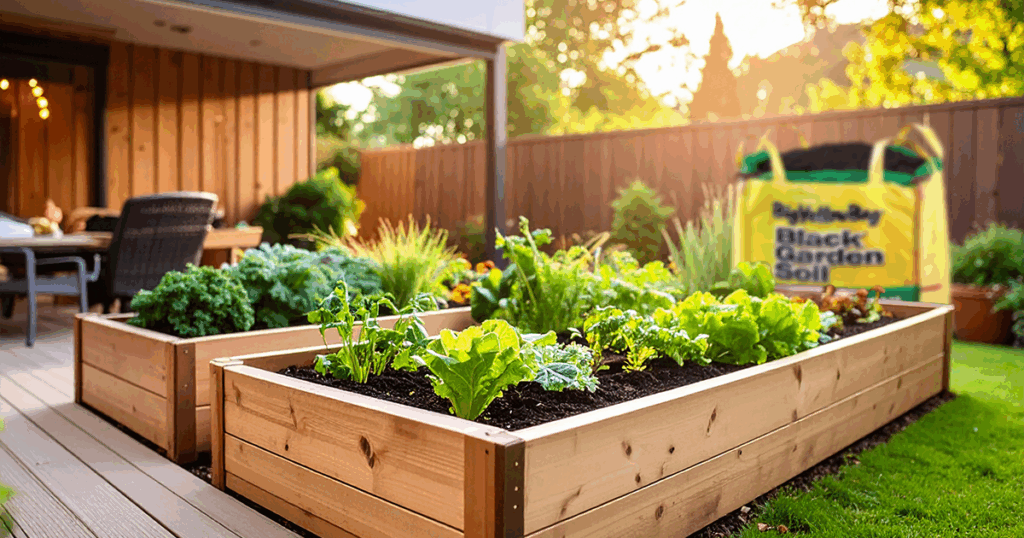
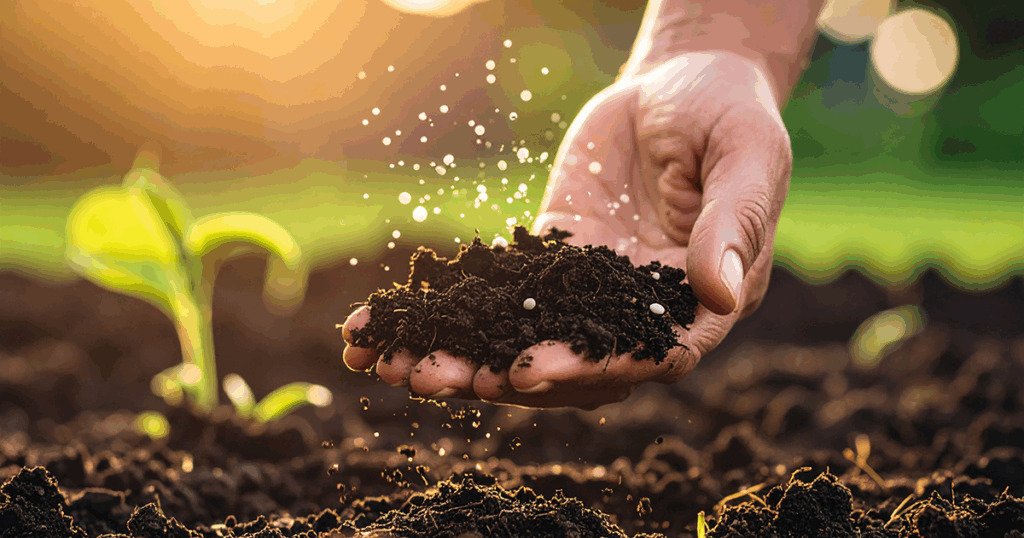
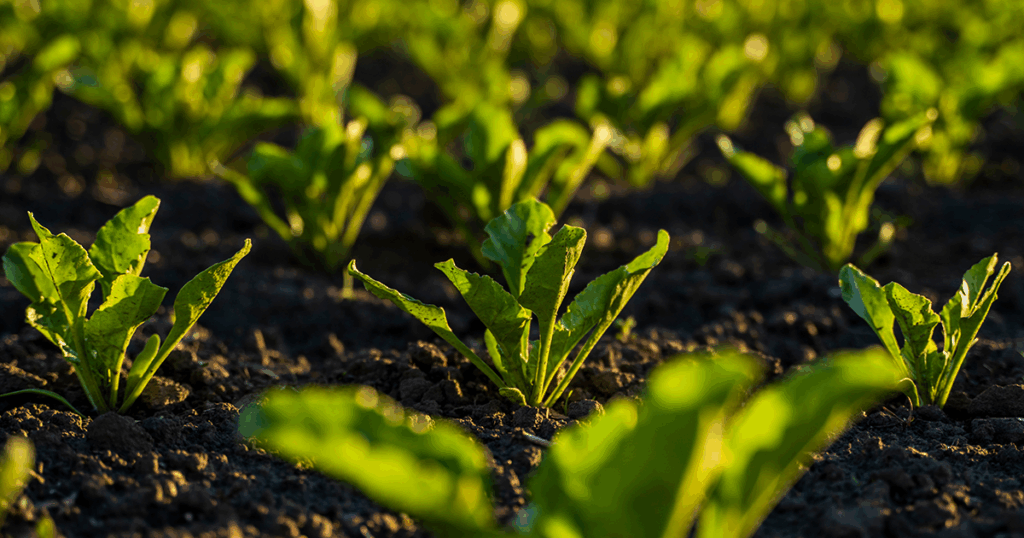
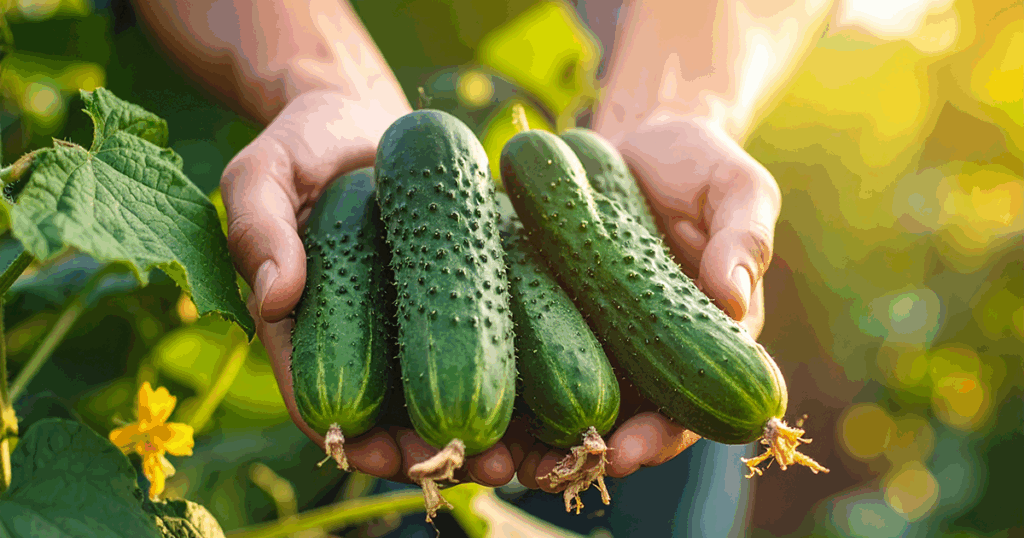
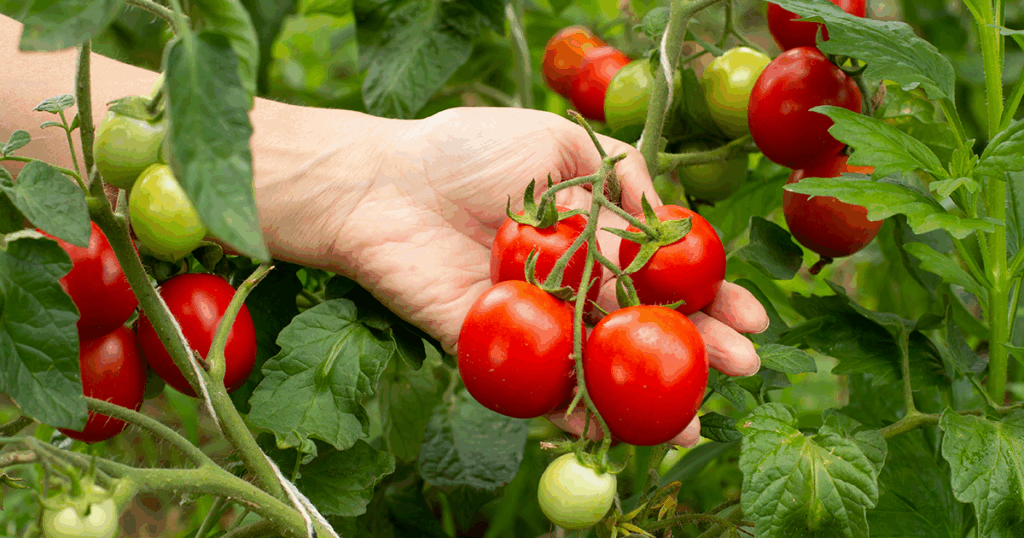
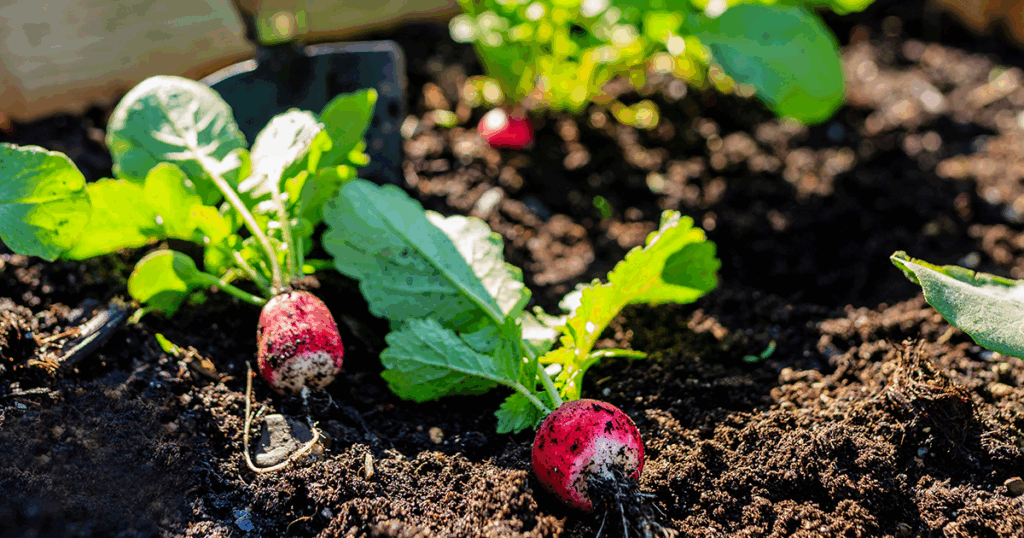
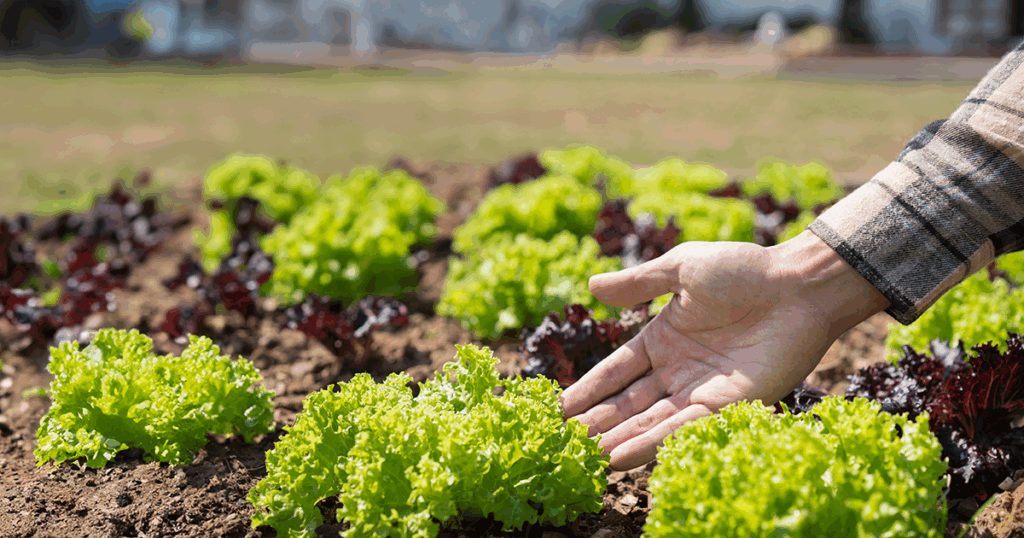
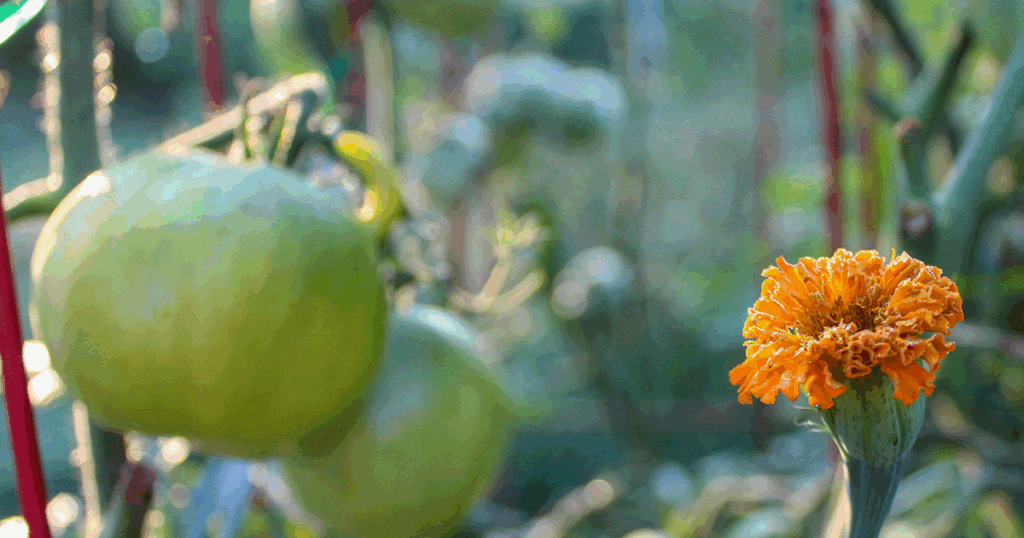

Sorry I have purchased bags from you and am interested in buy more. I just need a price per bag
Hey Chazz,
No need to apologize! 🙂 Head to BigYellowBag.com and input your postal/zip code to see a comprehensive price list tailored to your area.
All the best and happy gardening!